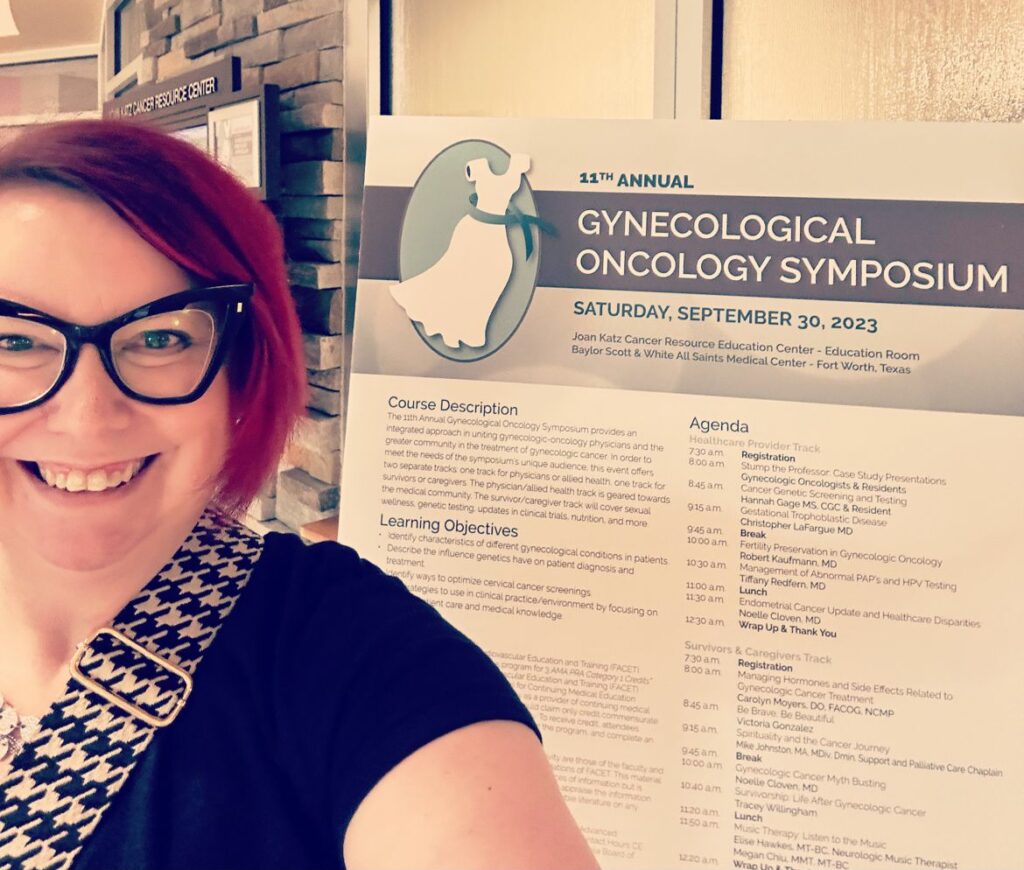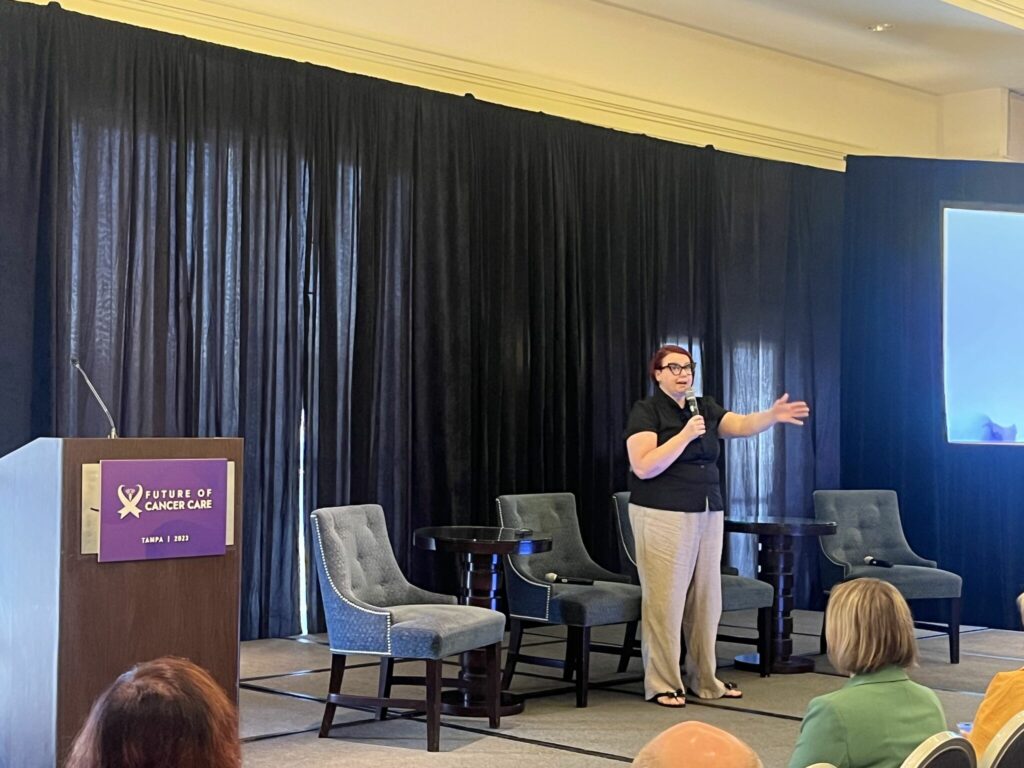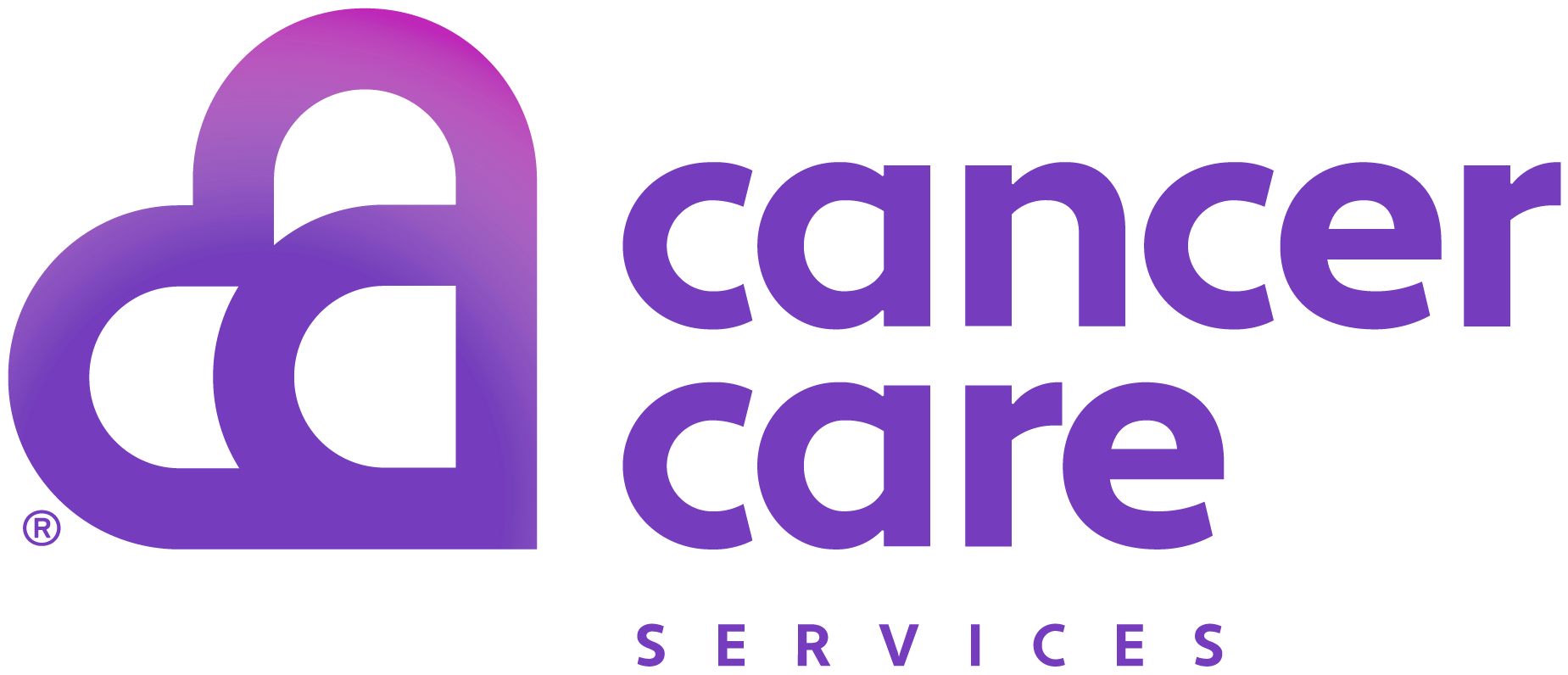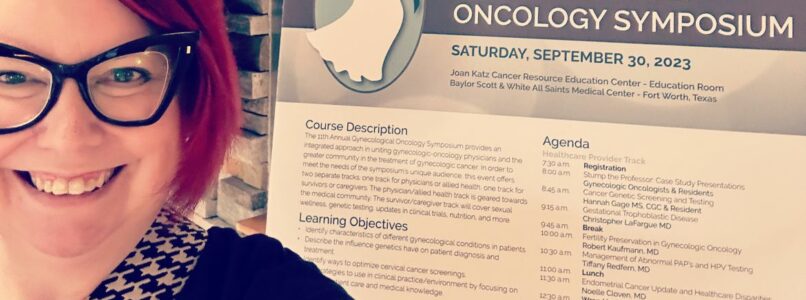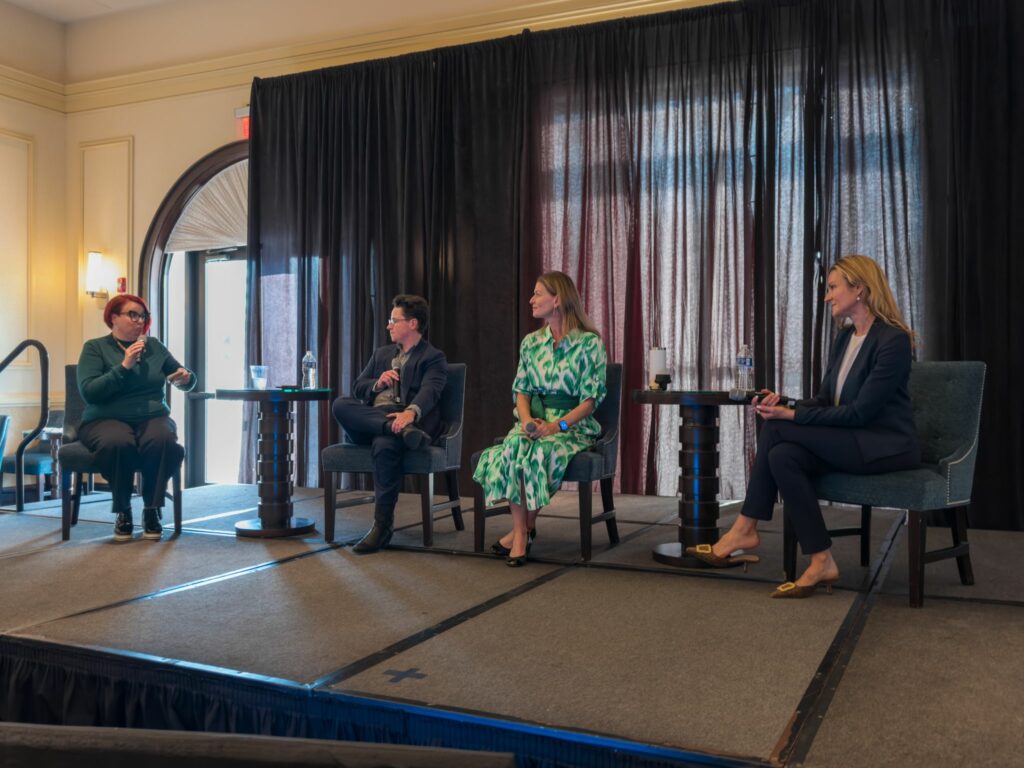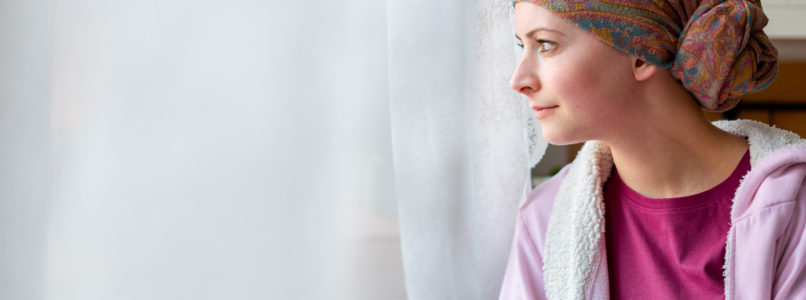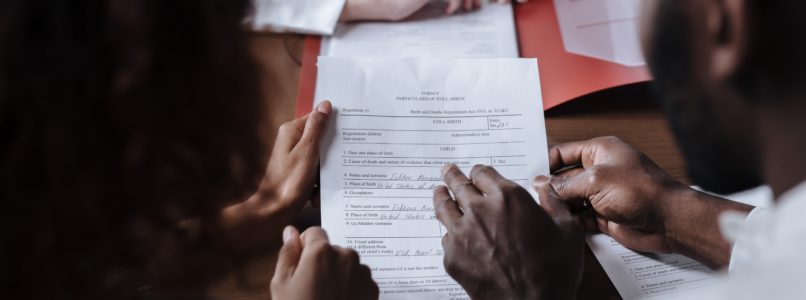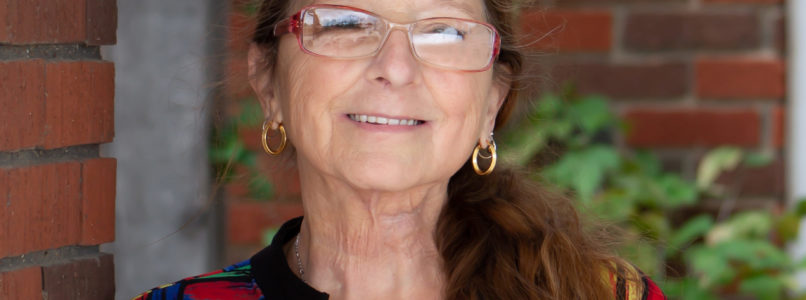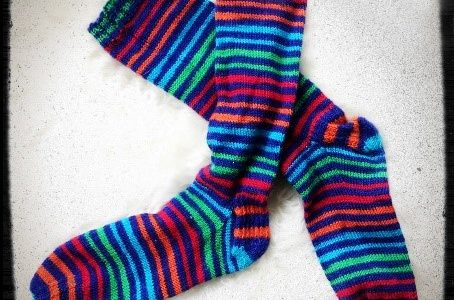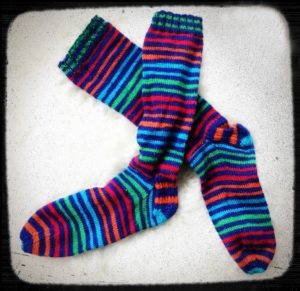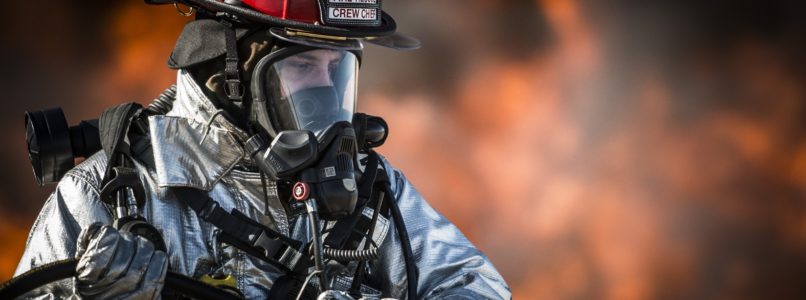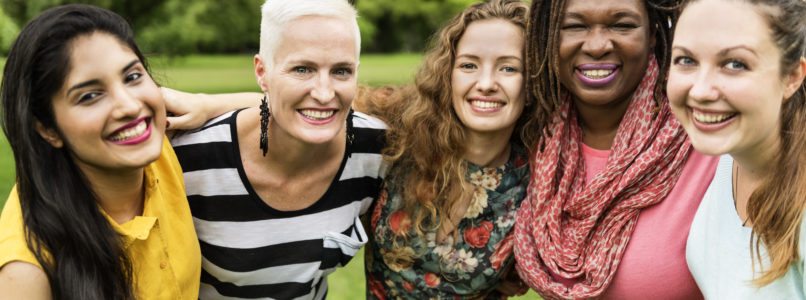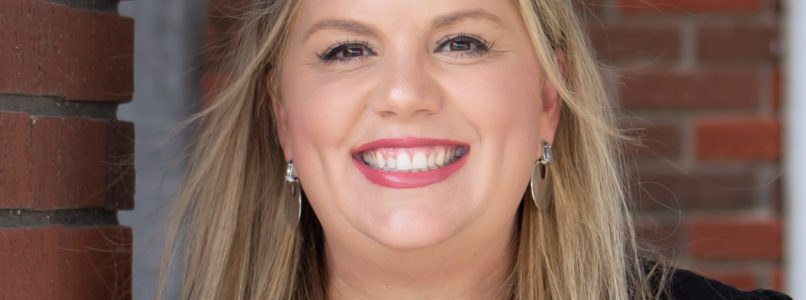From the Desk of…
Megan Clifton
Cancer Care Services’ Client Connection Manager, Survivorship Navigator and a Cancer Survivor
When you are a small-town coach’s kid, well, you are viewed just a little bit differently. Sometimes in a good light, but if the team’s not having a winning football season, you may be seen in a not-so-good light! This is how I grew up: with the small-town spotlight always on my family, so when my family got THAT call from the doctor… not only did our lives change forever, but the spotlight was there again, too. But this time in a much different form.
When I was just 13 years old, I was diagnosed with a rare form of pediatric cancer called Rhabdomyosarcoma. When the doctors “caught it”, the odds were stacked against me. The tumor was big, and time was of the essence. Diagnosis on a Friday, in the operating room on a Monday. It was scary. It was emotional. It was real.
Once the news spread, in my tiny hometown of Comanche, Texas, the LOVE poured in. That same spotlight that once shined on my dad’s wins and losses, now shined on his 13-year-old daughter. It felt like every inch of Texas was praying for me, and it was so overwhelmingly amazing!
I’ll never forget my first thoughts when my parents and I received that dreaded phone call that no one wants to hear. When my parents sat me down to say, “the tumor is malignant”, I jumped up from my seat and ran outside to the backyard. My dad, trailing behind me, scooped me up in his arms and said it’s going to be ok, and we are going to get through this. My response to that took him by surprise.
I looked up at my dad and asked, “Does this mean I won’t get to run track this season?” You see, when you are 13, you aren’t thinking about life or death. You’re simply thinking about how this is going to affect your social life. (We’re talking about the oh-so-awkward, preteen/teenage years, after all.)
I really needed to know at that moment if my track season was coming to an end. Needless to say, my parents had other, bigger concerns. Soon, we would be meeting with the oncologist. My amazing parents dealt with the hard stuff, the tough questions like what is chemo going to do to her body, or what was the percentage of me actually making it through the next 10 months.
Meanwhile, I remember being scared of what my friends were going to think. No, really. The first thing I asked my doctor was, “Am I going to lose my hair?“ I was absolutely terrified that I was going to be “that” kid in eighth grade – the weird, bald-headed kid. It was nearly impossible for me to imagine anything worse than that.
Chemotherapy was hard. Oh, so very hard. Hair loss, nausea, weight gain from steroids – my whole appearance changed in the blink of an eye. I was sick, all the time. In the beginning, my chemo treatments were outpatient, so I would always get to come home afterward. However, this was also hard because my low blood counts meant my friends weren’t allowed to visit; my very weak body would not be able to fight off the infection.
I was a sad teenager, a lot. I felt isolated and could not figure out why this was happening to me. Again, thank goodness for my amazing parents and, add to that, two amazing big sisters. And a town that was wrapping me up in prayers, good thoughts, and hugs – even though from a distance.
After six months of chemo, my oncologist did another biopsy. Unfortunately, we found that the chemotherapy was not working, and the cancer cells were about to start spreading At this point, my doctors had to get aggressive with my treatment. This meant much stronger chemo and dreaded radiation. Trying to explain this to my friends was no easy task. I didn’t understand it any better than they did. And, all I could think about was I am about to start High School bald-headed and pale. It was the worst. I cried a lot. Thank goodness for prayer and my momma!
It was time to start radiation. I have never been so scared in my entire life! I was about to have radiation beads implanted into my body, and I would have to lay flat on my back for a week straight, not being able to move, with tubes and machines attached to my body as well. No one was allowed in my room for more than a short period of time, and they had to stand behind a shield in order to see me. An experience like that is something you can never forget, no matter how old you are when you experience it, 13 or 30 or any age.
My oncology nurses had to have some very serious conversations with me about how this radiation was going to affect my body in the future. Conversations about my body, which at 14 now was already changing because of puberty and adolescence, changing even more because of radiation and cancer, made me so confused about life. I will say everyone, and I mean everyone, on my medical team was so kind, caring, thoughtful, mindful, and, encouraging, and would do whatever they could to try and put a smile on my face.
Following my week-long radiation treatment, I began a six-month-long chemo regimen. For this round, instead of coming home, I would have to stay in the hospital for days at a time while my chemo slow-dripped. Again, “sick as a dog” was an understatement. I thought those 6 months were never going to end.
I began my freshman year of high school bald, rail-thin, sick, and uncomfortable. But I wasn’t the only one in my small town with an unexpected new look. I started high school the same way all the freshman boys did – because they shaved their heads! All 30 of them! Yep, the boys of my class, who were probably pretty nervous about starting high school too, shaved their heads to support me. Their sweet gesture made entering those double doors that day a little less frightening.
Eventually, the very long six months of chemo came to an end, and one, final biopsy concluded that I was cancer-free. That first year of being a high schooler, I felt it all: happy, sad, scared, and anxious, all while trying to navigate cancer as an adolescent. Through it all, the support that my family and I received… To this day, I cannot talk about it without getting teary-eyed. It meant so much to my survival. From family and friends to people I didn’t even know who were praying for me, the love and support I received were unconditional. This also came in the form of so many support services and nonprofits.
It is because of all the support I received that I have chosen to work in a field where I can give back some of what I’ve been given. It is my goal to help, support, and reach out to every cancer patient that comes across my path! I live to tell my story because – at any age – life isn’t always beautiful, but it is a beautiful ride!
